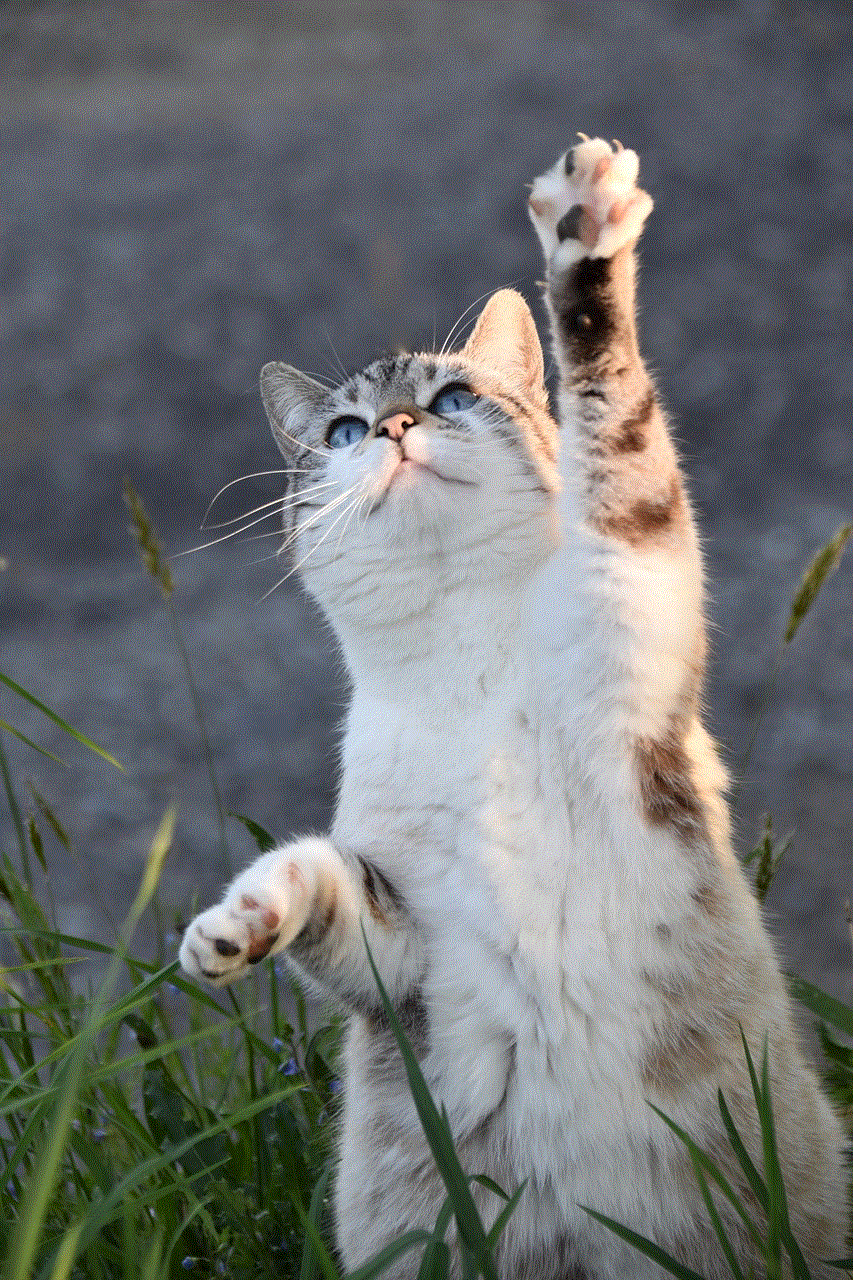kid meaning urban dictionary
The term “kid” has been used for centuries to refer to young humans, typically those under the age of 18. However, as language evolves and urban culture continues to influence our everyday speech, the meaning of “kid” has also expanded. Urban Dictionary, a popular online dictionary of slang and colloquial terms, has multiple definitions for “kid,” each with its own connotations and nuances. In this article, we will delve into the various meanings of “kid” according to Urban Dictionary and explore how this word has evolved in modern times.
According to Urban Dictionary, the most basic definition of “kid” is “a child or young person.” This is the traditional meaning of the word and is still widely used today. However, the word has taken on a new dimension in urban culture, where it is often used to describe someone who is immature or acting childish. For example, you might hear someone say “Don’t be such a kid!” to a friend who is being silly or irresponsible. This usage of the word has become so prevalent that it is now listed as a separate definition in Urban Dictionary.
Another definition of “kid” on Urban Dictionary is “a young person who is cool, hip, or trendy.” This usage of the word is derived from the term “kid” being used as a nickname or term of endearment between friends. For instance, someone might say, “Hey, what’s up, kid?” to greet a friend. Over time, this term has evolved to refer to someone who is stylish or fashionable, especially in urban settings. It is often used to describe young people who are into urban fashion and music, such as hip hop and streetwear.
Urban Dictionary also includes a definition of “kid” as “a young person who is skilled, talented, or exceptional in a certain field.” This usage of the word has its roots in sports and other competitive activities, where “kid” is often used to refer to someone who is talented or promising. It is a term of praise and admiration, and it is often used to describe young athletes, musicians, and other performers who show exceptional talent and potential.
In addition to these definitions, Urban Dictionary also includes several slang terms that use “kid” as a prefix. For example, “kidult” refers to someone who is an adult but still enjoys activities and hobbies typically associated with kids, such as playing video games or collecting toys. “Kiddo” is a term of endearment for a child or young person, while “kiddie” is often used to describe something that is childish or immature. “Kidnap” is a slang term for taking someone by surprise or catching them off guard, while “kidnap” refers to someone who is a fan or enthusiast of a particular subject or activity.
One of the more recent additions to Urban Dictionary’s list of “kid” terms is “kidulting,” a phenomenon where young adults continue to engage in activities and behaviors typically associated with kids, even as they grow older. This term highlights the growing trend of young adults delaying responsibilities and embracing a more carefree and playful lifestyle. It is often used to describe behaviors such as binge-watching cartoons, playing video games, or having a room decorated with toys.
Another popular “kid” term on Urban Dictionary is “kiddin’ around,” which means joking or teasing someone in a playful manner. This usage of the word is derived from the slang term “kidding,” which means to deceive or trick someone. “Kiddin’ around” is often used in a light-hearted way among friends, and it can also be used to describe someone who is not taking a serious situation seriously.
Urban Dictionary also includes several slang terms that use “kid” as a suffix. For example, “skid kid” refers to someone who is a fan of skateboarding or other extreme sports, while “kidcore” is a style of fashion and aesthetic that is inspired by childhood nostalgia. “Kidulting” also has a variation called “kidulting lite,” which refers to someone who is still engaging in childish activities but in a more toned-down and mature manner.
The widespread use of “kid” in modern slang terms reflects the influence of urban culture on our language. The city is often seen as a place where young people can express themselves freely and embrace their youth. This sense of freedom and rebellion is reflected in the use of “kid” as a prefix or suffix in many slang terms. It is a way for young people to assert their identity and reject traditional labels and expectations.
In conclusion, the word “kid” has come a long way from its traditional meaning of a child. Urban Dictionary’s multiple definitions and slang terms reflect the evolution of this word in modern times. It is no longer just a term to refer to young people, but it has become a way to express different aspects of youth culture. The use of “kid” in urban slang highlights the importance of language in shaping and reflecting the ever-changing world around us.
what is dtf stand for
DTF is a popular term used in modern dating culture, particularly in the realm of online dating and hook-up apps. It stands for “Down To Fuck” and is often used as a way to express one’s willingness to engage in sexual activity. While the term may seem straightforward and self-explanatory, there is actually a lot more to it than meets the eye.
In this article, we will delve deeper into the meaning and context behind DTF, its evolution, and its impact on modern dating culture.
History of DTF:
The origins of the term DTF can be traced back to the early 2000s when it was first used in the world of online dating. It was primarily used on dating sites and chat rooms as a way for individuals to express their interest in hooking up with someone. However, it wasn’t until the rise of dating apps like Tinder and Bumble that DTF became a household term.
With the increasing popularity of dating apps, people started using DTF more frequently and in a more casual manner. It became a way for users to indicate their sexual intent without having to explicitly say it. This was particularly appealing to those who were looking for casual hook-ups or one-night stands.
In 2018, the dating app OkCupid even launched a controversial ad campaign with the tagline “DTF: The Dating App where you’re more than just a photo”. The campaign aimed to redefine the meaning of DTF and promote the idea that it could also stand for “Down to Feel fabulous”, “Down to Fight about the president”, and “Down to Fall head over heels”. The campaign received mixed reactions, with some applauding OkCupid’s attempt at rebranding the term, while others criticized it for promoting casual sex.
Impact on Modern Dating Culture:
The rise of DTF has undoubtedly had a significant impact on modern dating culture. It has become a symbol of the online dating landscape, where hooking up and casual sex are the norm. This can be attributed to the ease and convenience of dating apps that have made it easier than ever to find potential partners for casual encounters.
The use of DTF has also led to a shift in attitudes towards sex and relationships. In the past, casual sex was often stigmatized, and those who engaged in it were frowned upon. However, with the widespread acceptance and use of DTF, casual sex has become more normalized and even celebrated in some circles.
On the flip side, the constant use of DTF has also led to a culture of objectification and superficiality. With dating apps being primarily based on appearance, many people have reduced relationships to nothing more than a physical encounter. This has resulted in a society where people are judged solely on their looks, and personality and compatibility take a backseat.
The Dark Side of DTF:
While DTF may seem harmless and fun on the surface, there is a darker side to it that often goes unnoticed. The use of the term has been linked to the perpetuation of rape culture and the objectification of women. By reducing someone’s worth to their willingness to engage in sexual activities, DTF reinforces the idea that women are merely sexual objects.



Moreover, the constant use of DTF has also desensitized people to the idea of consent. When the focus is solely on finding someone who is DTF, the importance of establishing consent and respecting boundaries is often overlooked. This can lead to dangerous and non-consensual encounters, contributing to the alarming rates of sexual assault and rape.
Reclaiming DTF:
In recent years, there has been a movement to reclaim DTF and redefine its meaning. This has been led by individuals and organizations who aim to challenge the negative connotations associated with the term. One such organization is DTF: Dating, The Feminist Way, which seeks to promote healthy and consensual relationships while challenging the objectification of women in the dating world.
Through their campaigns and events, they aim to redefine DTF as “Down to Feel” and encourage individuals to focus on building emotional connections rather than just physical ones. They also advocate for the importance of consent and communication in any type of relationship.
Conclusion:
In conclusion, DTF may have started as a simple and innocent term for expressing sexual intent, but it has evolved into something much more complex and controversial. Its widespread use has had a significant impact on modern dating culture, with both positive and negative consequences.
On the one hand, it has made it easier for people to find casual partners and has normalized casual sex. On the other hand, it has also led to the objectification of individuals and desensitized people to the importance of consent and communication.
While it may be challenging to completely eradicate the use of DTF, it is crucial to challenge its negative connotations and promote a more positive and inclusive definition. Whether it’s through organizations like DTF: Dating, The Feminist Way or through individual efforts, it is essential to promote healthy and respectful relationships in today’s dating culture.
apps like pinterest for adults
Pinterest has become one of the most popular social media platforms in recent years, with over 400 million active users worldwide. It is known for its visual appeal and user-friendly interface, making it a favorite among people of all ages. However, while Pinterest may have started as a platform for creative DIY projects and home decor ideas, it has evolved into much more than that. In fact, there are now several apps like Pinterest that cater specifically to adults, offering a diverse range of content and features. In this article, we will explore some of the best apps like Pinterest for adults and how they differ from the original platform.
1. Houzz
Houzz is a popular app that focuses on home design and renovation ideas. It offers a vast collection of photos and articles on interior design, landscaping, and architecture, making it a perfect platform for adults looking for inspiration and advice for their homes. The app also allows users to connect with professionals in the industry, making it a valuable resource for those looking to undertake home improvement projects.
2. Food Network Kitchen
Food Network Kitchen is a cooking app that offers a wide range of recipes, cooking classes, and live cooking shows. It is perfect for adults who are passionate about cooking and want to expand their culinary skills. The app also allows users to save their favorite recipes and create grocery lists, making meal planning a breeze.



3. Goodreads
For book lovers, Goodreads is the ultimate app. It offers a vast collection of book recommendations, reviews, and discussions, making it a perfect platform for adults looking to discover their next favorite read. The app also allows users to track the books they have read and want to read, making it easy to stay organized and motivated.
4. Etsy
Etsy is an online marketplace that offers unique and handmade items from independent sellers. It is a go-to app for adults looking for one-of-a-kind home decor, jewelry, and gifts. The app also offers a personalized shopping experience, with recommendations based on the user’s interests, making it a great place to discover new and unique products.
5. Duolingo
Duolingo is a language learning app that offers courses in over 30 languages. It is perfect for adults who want to learn a new language or brush up on their language skills. The app uses a game-like approach to learning, making it fun and engaging for users.
6. Headspace
Headspace is a meditation app that offers guided meditations, sleep sounds, and mindfulness exercises. It is a great app for adults looking to reduce stress and improve their mental well-being. The app also offers personalized meditation plans, making it suitable for beginners and experienced meditators alike.
7. The Knot
The Knot is an app designed for engaged couples, offering wedding planning tools, inspiration, and advice. It is a one-stop-shop for all things wedding-related, making it a valuable resource for adults planning their special day.
8. Mint
Mint is a personal finance app that helps users track their expenses, create budgets, and stay on top of their finances. It is a great app for adults looking to manage their money and save for the future. The app also offers personalized tips and advice to help users reach their financial goals.
9. MyFitnessPal
MyFitnessPal is a health and fitness app that allows users to track their food intake, exercise, and weight. It is perfect for adults looking to improve their overall health and fitness. The app also offers personalized meal plans and workout suggestions, making it a valuable tool for those looking to reach their health goals.
10. Spotify
Spotify is a popular music streaming app that offers a vast collection of songs, podcasts, and audiobooks. It is perfect for adults who love music and want to discover new artists and genres. The app also offers personalized playlists and recommendations, making it a great platform for music enthusiasts.



In conclusion, while Pinterest may have started as a platform for creative projects and home decor ideas, there are now several apps like Pinterest that cater specifically to adults. These apps offer a diverse range of content and features, making them perfect for adults looking for inspiration, advice, and entertainment. Whether you are interested in home design, cooking, books, or personal finance, there is an app for you. So, why not give one of these apps a try and see what they have to offer? Who knows, you may just find your new favorite platform.